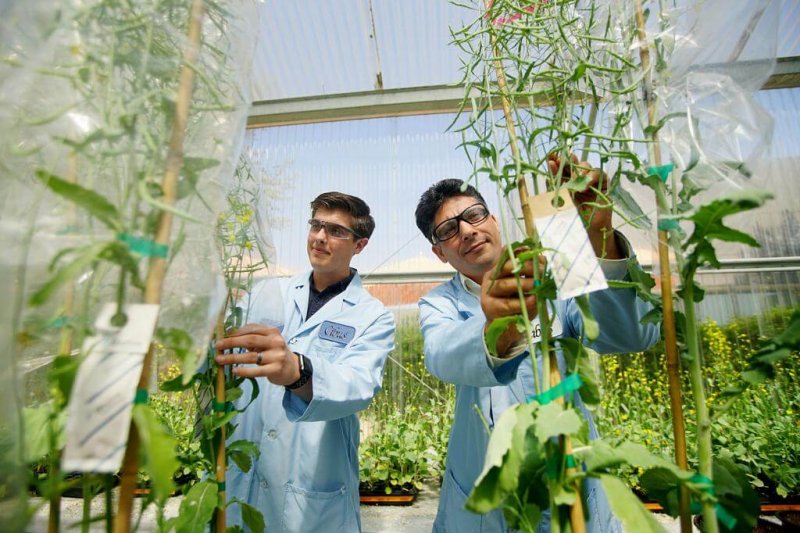There is no science-based risk associated with either form of breeding, but GMOs have gotten a bad rap from several environmental groups which have pressured food companies to avoid them in food products.
Even the Non-GMO project, which attempts to verify and label food and beverage products that do not contain GMOs, wants to exclude gene-edited foods from consideration – even if they are not technically GMOs.
As a result, farmers and plant breeders are worried that much-needed research – aimed at solving some of the most pressing plant diseases – is at risk of being stymied in the commercial marketplace over unfounded fears about GMOs. Gene-editing could be one way around that barrier.
…
Some firms are already marketing gene-edited plants as non-GMO or working to do so in the near future. And because the production and regulatory costs associated with gene editing are so much lower, a lot of smaller technology companies are jumping into the action alongside much bigger seed companies.
Read full, original post: The promise and potential for new plant varieties































